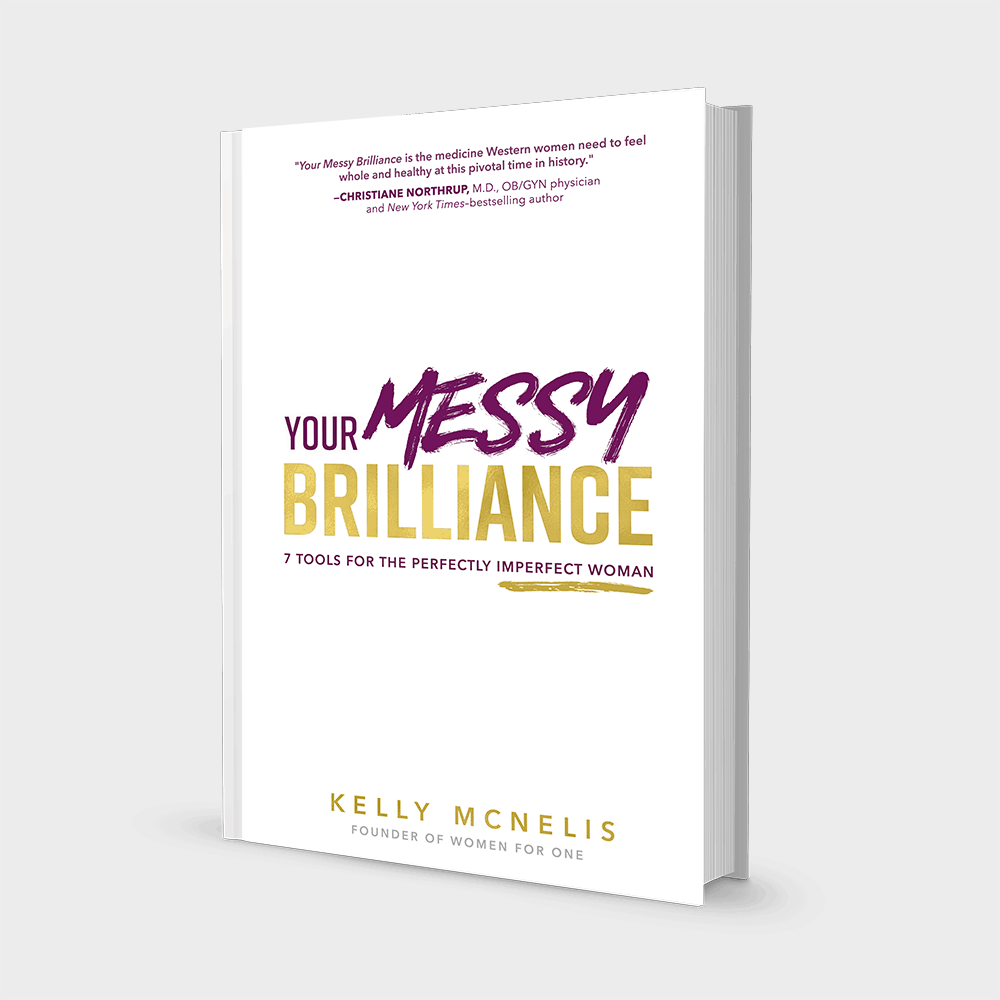
On Learning to Be a Fun-Loving Grown-up
Smack dab in the middle of being a happy ten-year-old, I felt my days of fun were fleeting. I came to this conclusion as I observed the adults in my life and the state of the world, courtesy of the nightly news. The prospect of joining the ranks of big people looked as welcoming as a dentist’s chair.
This was the year my mother informed me that Eddie, my neighbor with an intellectual disability and seven years my senior, would never have a normal life. He would never graduate from school and he would never get married and raise a family; in fact, he had already mentally peaked with the intellect of a ten-year-old, thanks to the severe malnutrition he’d experienced at the hands of his biological parents during infancy. He was seized from them and adopted by our neighbors.
Eddie cruised the streets of our neighborhood and beyond on his bike with such fervor for adventure and unabashed joy. The last thing that concerned him was being normal or worrying about his intellectual limits. He was a magnet for fun, and more times than not, he used that three-letter “f” word to describe his day.
I remember thinking about Eddie and his future. Something didn’t seem fair, and as much as the news about Eddie could have brought a sympathetic response from me, it didn’t. What wasn’t fair, it seemed, was that I was going to have to grow up while Eddie was free to ride off into the endless sun ball enjoying an easy life, without toiling in the trenches or climbing corporate ladders in order to catch a glimpse of happiness. I wondered what was so bad about being a forever ten-year-old. By the time I toasted my last slice of Wonder Bread, I realized there was no turning back for me. Fun was for kids—and Eddie.
I jumped off the monkey bars, hopped on the bus, and went to college—because that is what budding grown-ups did. I attended business school—because I didn’t think my real passion, creative writing, was a responsible vocation. I ran from a promising romantic relationship—because I didn’t see how a long-term commitment to anyone would be anything but work. In truth, I was sucking any prospect of fun right out of my future.
In an attempt to give my fate an about-face, I changed course in college and went into advertising. Everyone had fun in advertising. But the deadlines and stodgy clients often got in the way of creative play, so I left it behind and became a residential builder, hoping to capitalize on the fun I had constructing houses out of sand when I was young.
I didn’t perceive at the time that it wasn’t about the age or the work—it was about the way I approached the idea of being an adult.
It seemed like the older I became, the more I was proving myself correct—growing up wasn’t fun. I got married and had kids and cared for pets. Life at home became stressful. My husband had an affair. My son went into treatment for depression. My residential building partner locked me out over business disagreements. Being a grown-up wasn’t fun.
When I discovered that my childhood neighbor was living in an adult foster care home about an hour’s drive from me, I paid him a visit. Eddie was close to 60 years old now, and he looked as happy as I felt. My forever ten-year-old intellectually disabled friend was now blinded by cataracts, had no teeth, and looked nutritionally deprived. The home was shabby at best, but this was all he had, since his 92-year-old mother was living her last days in a nursing home.
It appeared that adulthood had gotten the best of Eddie, too. But I was wrong. As I began weekly visits to help him, I realized he was the same fun-loving friend I remembered. Eddie still dedicated every day to enjoying his life. He couldn’t ride his bike anymore, so he made friends on foot. Everyone knew and loved him. The more I visited him, the better I felt. Eddie was showing me once again that it was okay to have fun, and it had nothing to do with age, intellect, or circumstance.
Recently, I attended a personal growth workshop. At the end of the presentation, a woman offered to share her gift of channeling from a higher consciousness. When she came to me, she smiled and said, “Your purpose is to have as much fun as possible in this life.” I immediately felt a rumble of applause from my ten-year-old inner child.
“I’ve got this,” I beamed.









0 comments to "On Learning to Be a Fun-Loving Grown-up"